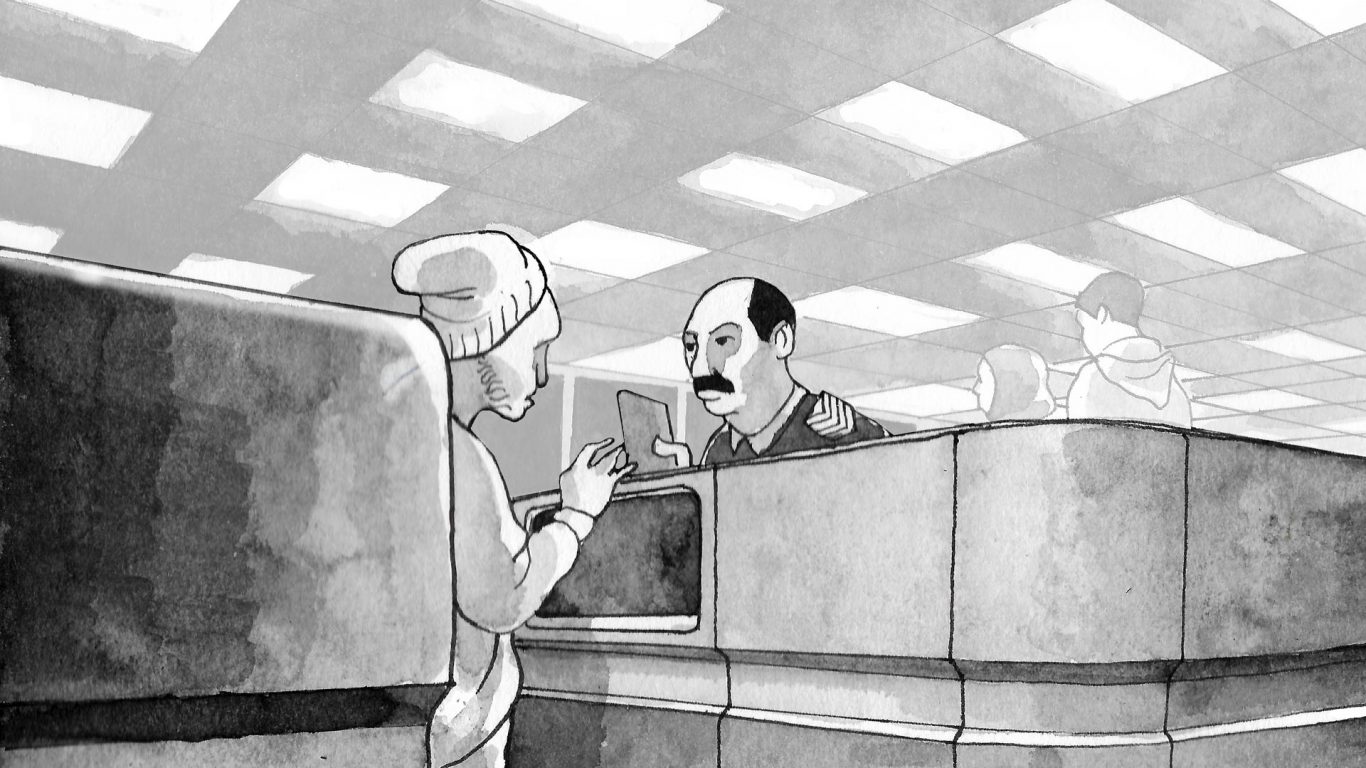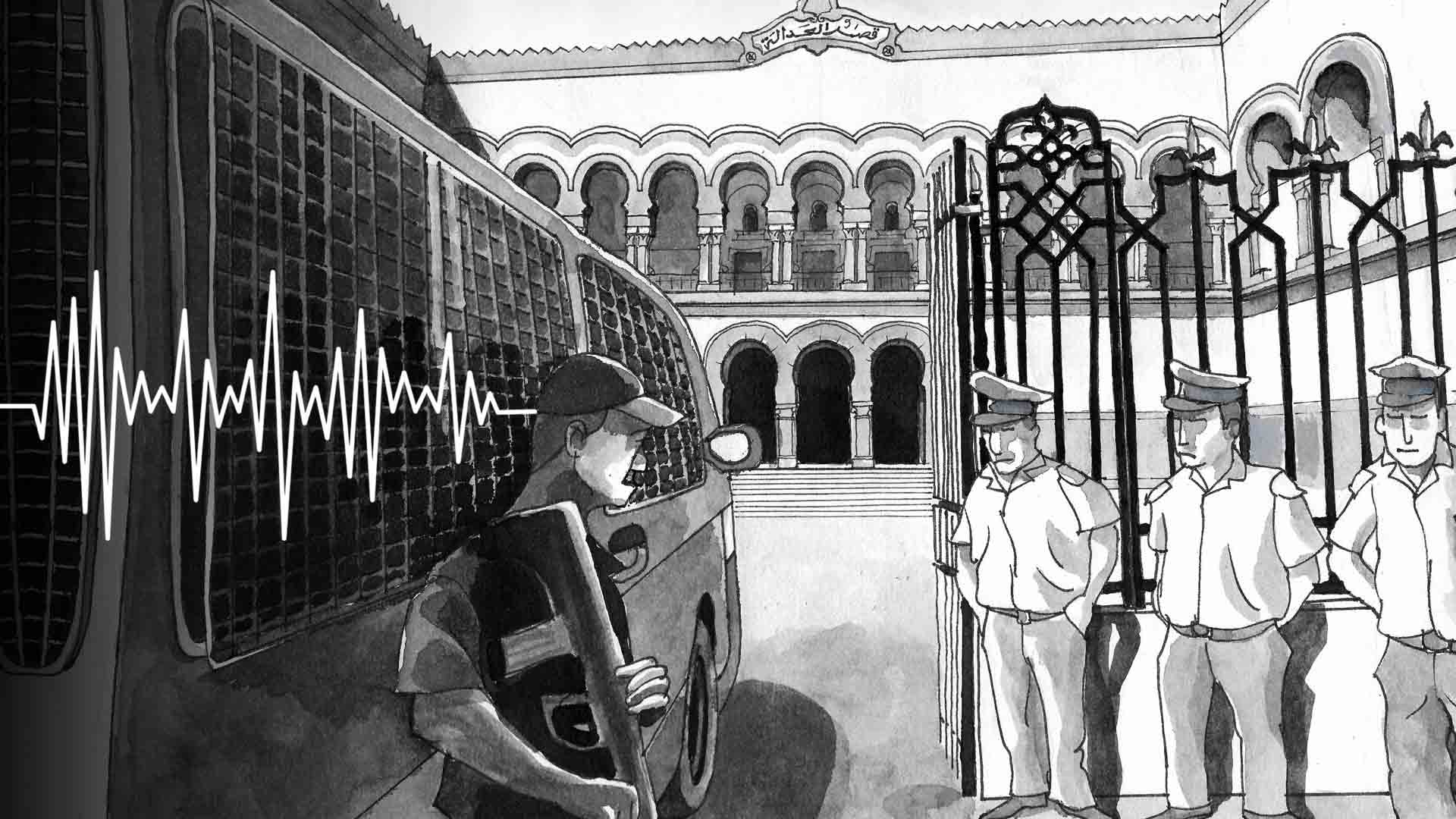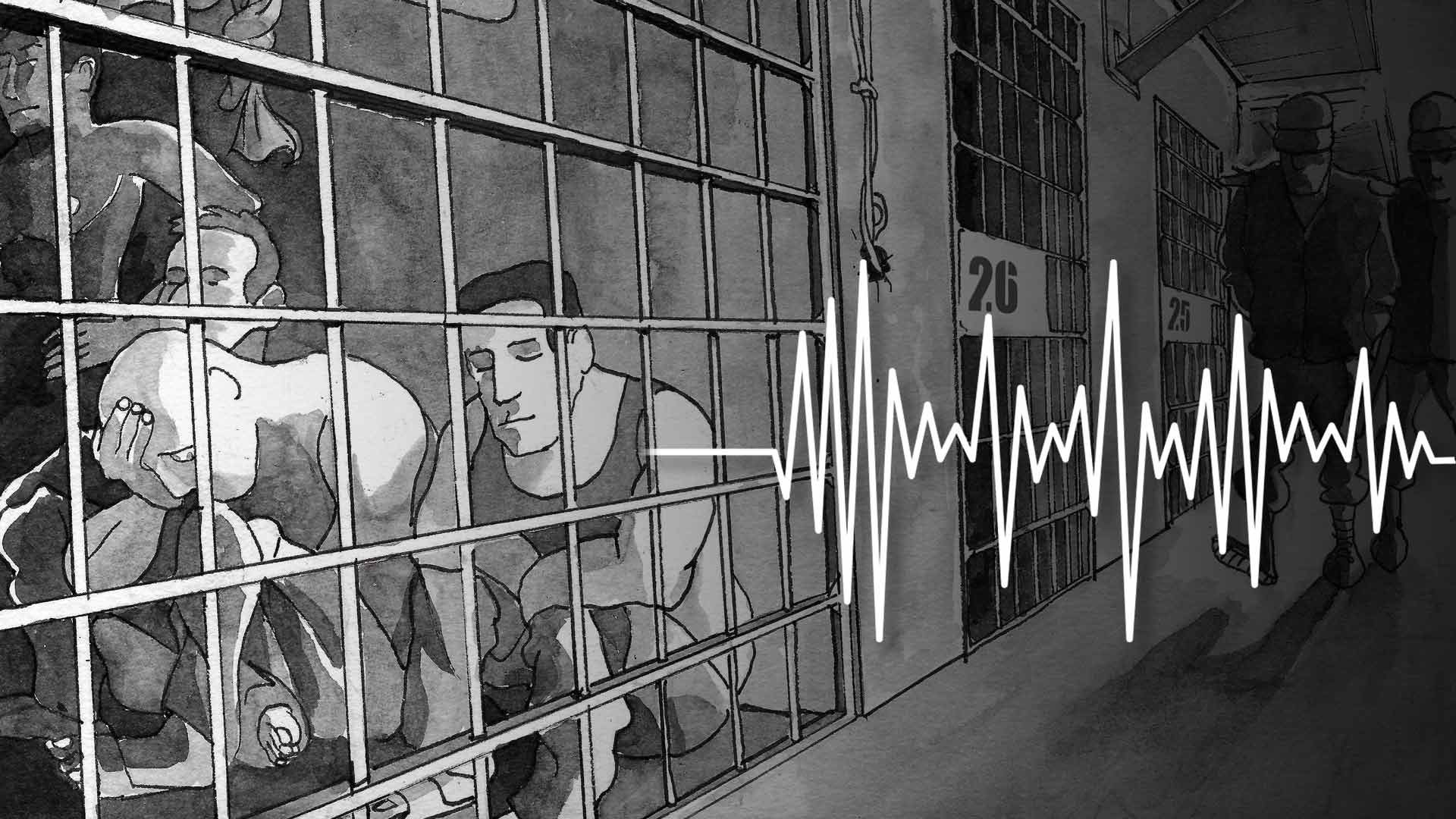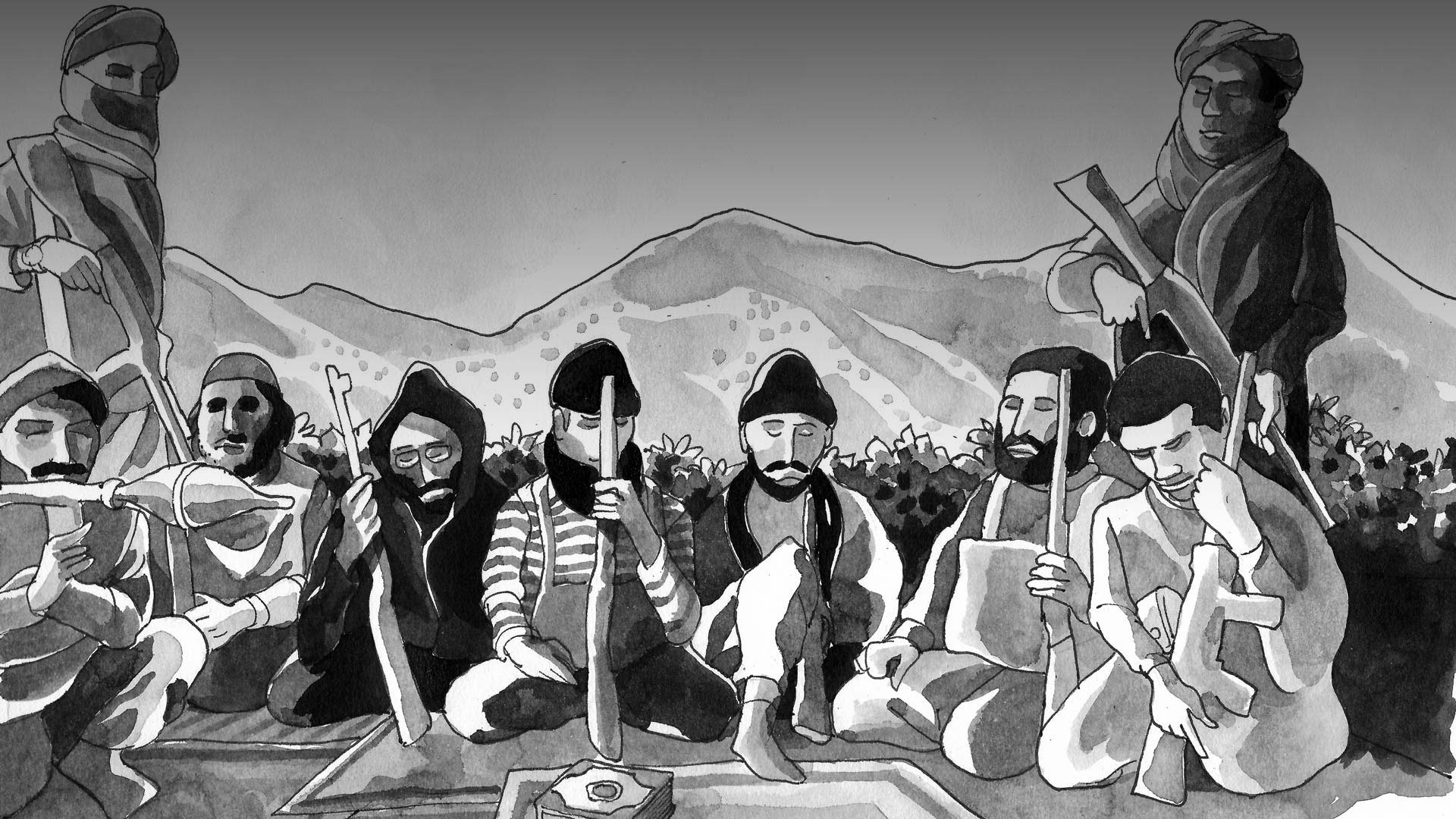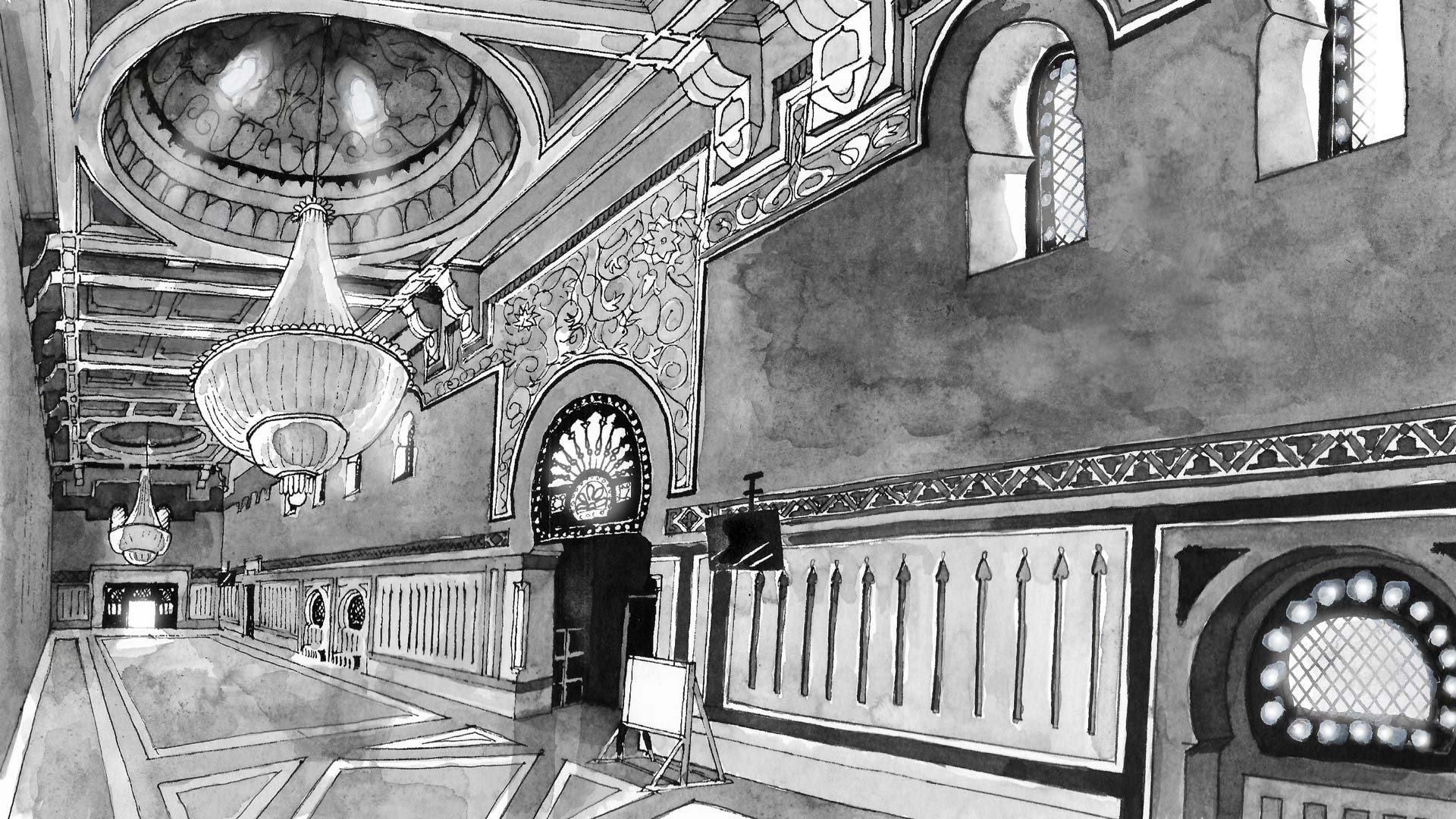| EPISODE 3
The returnees who cannot return
Created by
Christophe Cotteret
Illustration
_Z_
Audio recording
Bochra Triki
Sound Design and Mixing
Oussema Gaidi
Interviews and Voice-Over
Christophe Cotteret
Music
Omar Aloulou
Voice-Over
Monia Ben Hamadi
Doubling
Maher Dhahbi
In March 2019, Daesh lost the last territories controlled by the Islamic State. Following the military defeat, an army of fighters, men, women and children are potential sources of valuable intelligence.
However, information is sorely lacking to be able to identify these people and the role they played in the jihad, and ultimately to allow them to be prosecuted by their respective countries of origin.
How can they be brought to justice under these conditions? Where, and by whom? How can human rights be reconciled with international conventions and national security?
" If a person wants to return, they have every right to do so. No police, judicial or security authority can deny them this right."
In the third chapter, Christophe Cotteret attempts to shed light on these complex issues by giving the floor to the judges and lawyers who specialise in anti-terrorism cases.
They all express their views on the issues surrounding the potential return of Tunisians from conflict zones, and the conditions under which trials are held in the Tunisian judicial system.
The Dilemma of The Antiterrorist Justice System
Latest episodes
| EPISODE 4
Torture and detention: A Radicalisation Machine
| EPISODE 2
The Origins of the Disaster
| EPISODE 1
The Inner Workings of the Tunis Courthouse
ABOUT
Inkyfada Podcast is the first platform entirely dedicated to original Tunisian podcasts, and was conceived by Inkyfada media in collaboration with the in-house research and development laboratory, InkyLab. Inkyfada joined the global podcast boom in 2017, when the team produced the first Tunisian audio documentary, diving deep into the belly of the El Kamour struggle taking place in the desert. Since then, Inkyfada Podcast has produced a wide variety of documentaries, investigations, and podcast series, as well as articles accompanied by music; covering a multitude of contemporary issues in order to offer an immersive and alternative podcast experience. Whilst exclusively offering audio content, the Inkyfada Podcast team upholds the same core values and principles of inkyfada.com, and is committed to producing high quality content though a dynamic and meticulous production process. In addition to the permanent team, Inkyfada podcast works closely with various journalists, artists, illustrators, musicians and other content creators in order to diversify the platform and support artistic creativity. These podcasts differ from traditional radiophonic content in that the applied production and editing process is more akin to cinematographic techniques, in addition to being web-based, downloadable and accessible on demand. Additionally, Inkyfada Podcast uniquely offers subtitles in French, Arabic and English for all audio content, the majority of which is recorded in Tunisian or in the preferred language of the speaker in question.




